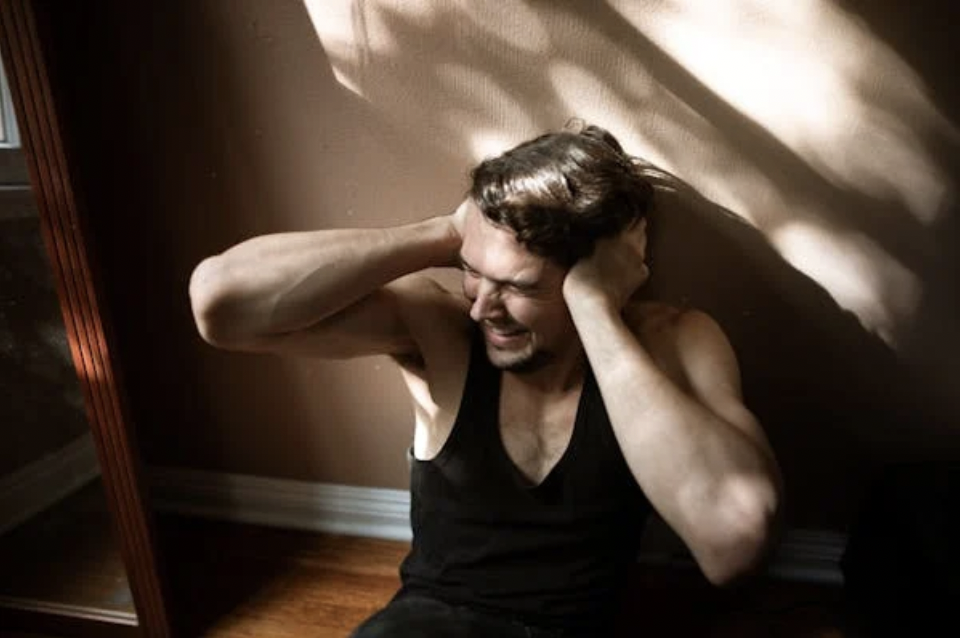
Caregivers assist and cater to the needs of nursing home residents. However, cases of abuse sometimes come up in these homes. The risk of abuse may be high when healthcare providers are stressed, overworked, or inadequately trained.
Ill-treatment causes trauma, endangers victims, and can even lead to death. It also affects the family and constitutes a crime. Relatives of nursing home residents are responsible for observing the harm and maltreatment of their loved ones. Read more to learn how to observe and report cases of nursing home abuse in New Jersey.
One in ten nursing home residents suffers harm and neglect, but only a few families make reports. If your loved one lives in a nursing home, it’s important to understand the forms of abuse. Victims mostly suffer from the following:
Watching out for signs of harm is a good way to discover cases of abuse. Common indicators include injuries, a dirty environment, weight loss, withdrawal, and emotional changes. Once you observe any of these, don’t hesitate to make a report.
Filing an abuse complaint is the best way to protect victims. If you suspect cruelty, maltreatment, neglect, violence, or any other sign, here are four ways to get help.
New Jersey’s Department of Health oversees healthcare facilities in the state. This agency monitors nursing homes and hospitals to ensure they render proper services to patients. You can inform NJDOH of maltreatment, neglect, and abuse in nursing homes. Send an email or call the agency’s helpline to make a report.
Critical forms of abuse can cause wrongful death in a nursing home. In critical cases, you can call an attorney and take the case to court. Hiring a nursing home abuse lawyer or a personal injury attorney is best. If the healthcare facility tries to deny its faults, your attorney will collect evidence and help you seek compensation for abuse.
The NLJTCO protects the rights of elderly patients in nursing care homes. You can call the agency’s helpline to alert officials of abuse cases or fill out an online complaint form. After contacting the office, advocates will conduct investigations and follow through with necessary processes.
Don’t hesitate to dial the emergency number, 911, for help. The public safety department will immediately send paramedics to handle the situation. If necessary, an ambulance will transfer the victim to a hospital. You can also contact the local police department. The New Jersey local police are always ready to protect residents.
Residents of nursing homes in New Jersey sometimes encounter neglect and physical, emotional, financial, and sexual abuse. Family members must watch for signs of abuse and report to the state’s Department of Health or an attorney. Other options are to contact New Jersey’s Long Term Care Ombudsman or the Public Service Department.